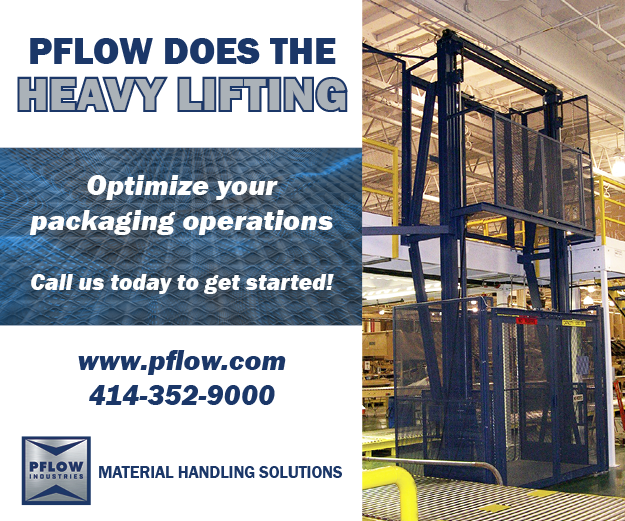The Highlights of the Beer Industry
Contributed by Sidel
As November in the beverage industry goes under a beer sign, Olivier Goffin, Vice President Global Category Beer, Wine and Spirits at Sidel, is sharing insights about what drives the beer market nowadays and how the equipment providers like Sidel are working to mirror the market trends.
The status quo: beer industry before and after COVID-19
Beer with 70 percent of global sales leads the alcoholic beverage market worldwide and the market is being dominated by five top players, controlling more than half of the global beer market.
As in all other areas, the pandemic has brought changes to this sector as well. First, we experienced a complete collapse of the on-trade market with bars and restaurants being shut down and, therefore, closing an important supply channel for the brewers. That led to incredible demand for the off-trade market to which some of the beer producers, unfortunately, were not prepared – while many of large brewers were able to divert some sales from on-trade to off-trade, many smaller breweries just did not have the infrastructure to change their business model.
From a packaging solution provider perspective, COVID-19 did not stop ongoing projects with brewers. Sidel and its customers used this time to prepare for the next normal – changes are not evitable; brewers need to be able to manage complexity and uncertainty. At Sidel, we are used to embrace and even drive changes by enabling our customers to secure their position and move forward with full agility.
New tastes and packaging formats: hard seltzer driving variety packs
Consumers are more curious than they were 10 or 15 years ago, and their curiosity has encouraged the industry to discover new tastes for beer by mixing the beverage categories together. People are also much more conscious about their health; they want to have a better life and they translate that into what they would like to buy. Among the wide offer of traditional beers, there are also low alcohol, non-alcohol beers, radlers and different craft beers with surprising taste such as the famous IPA.
In the U.S., hard seltzer – a mix of alcohol, sparkling water and different fruit flavors – is gaining its popularity and is expected to land in other regions (Europe, Southeast Asia and the Pacific and China) in a foreseeable future as well. This new type of product has taken the market by surprise not only because of its unique taste, but also because of the way it is packaged and promoted. These new tastes together with the constraints of the pandemic created a demand for variety packs. This packaging concept was introduced to the food industry more than 15 years ago but was never really accepted by the brewing industry. Nowadays, customers tend to consume at home, and they want to have a variety of products to experience. Hence, they expect that the brewers are able to supply these packs.
Over the past six months, Sidel has seen a great amount of inquiries on how to handle variety packs, which is a new feature in line design. Today, Sidel is working on an installation to handle variety packs in Central America, allowing our customer to produce six different flavors in different combinations of flavors and packs. By handling variety packs, a packaging line becomes a concept that is made of sophisticated filling technology, challenging secondary packaging and integrated large storage facilities within the line.
Premiumisation of the beer with flexible, agile and sustainable solutions
Quality is another driver for the industry. In the past, consumers were probably less demanding when it came to quality but today people are expecting a premium quality when buying products. Therefore, all the big players in the industry, especially in the spirits sector, are eager to promote their brands.
For delivering premium quality, producers need proper equipment, answering customer needs for flexibility, agility, sustainability and utmost beverage quality. For example, Sidel’s filling technology EvoFill for can and glass containers combines the best hygienic conditions with great flexibility, sustainability and performance level. A bit further on the line, Sidel’s pasteurizer not only treats the beer very carefully and provides high quality, but also contributes to the environment with overall very low water and energy consumption. When it comes to labelling solutions, EvoDeco represents the concept of agility very well and can gently handle bottles without causing damage to the container and applying labels perfectly on the front, side and neck of the bottle with versatile labelling techniques.
To provide the premium look to the product throughout the packaging process, it is crucial to avoid damaging the container, bottle or can on the way. With regards to this, Sidel has solutions in conveying and accumulation. Especially, accumulation solution like AQFlex, allow to connect equipment, accumulate bottles, and balance the packaging line without making the containers touch each other. Furthermore, “scuffing” is not desirable for returnable bottles, decreasing the number of life cycles of the bottle, thereby conveying and accumulation solutions also play a great role in contributing to a truly circular economy.







